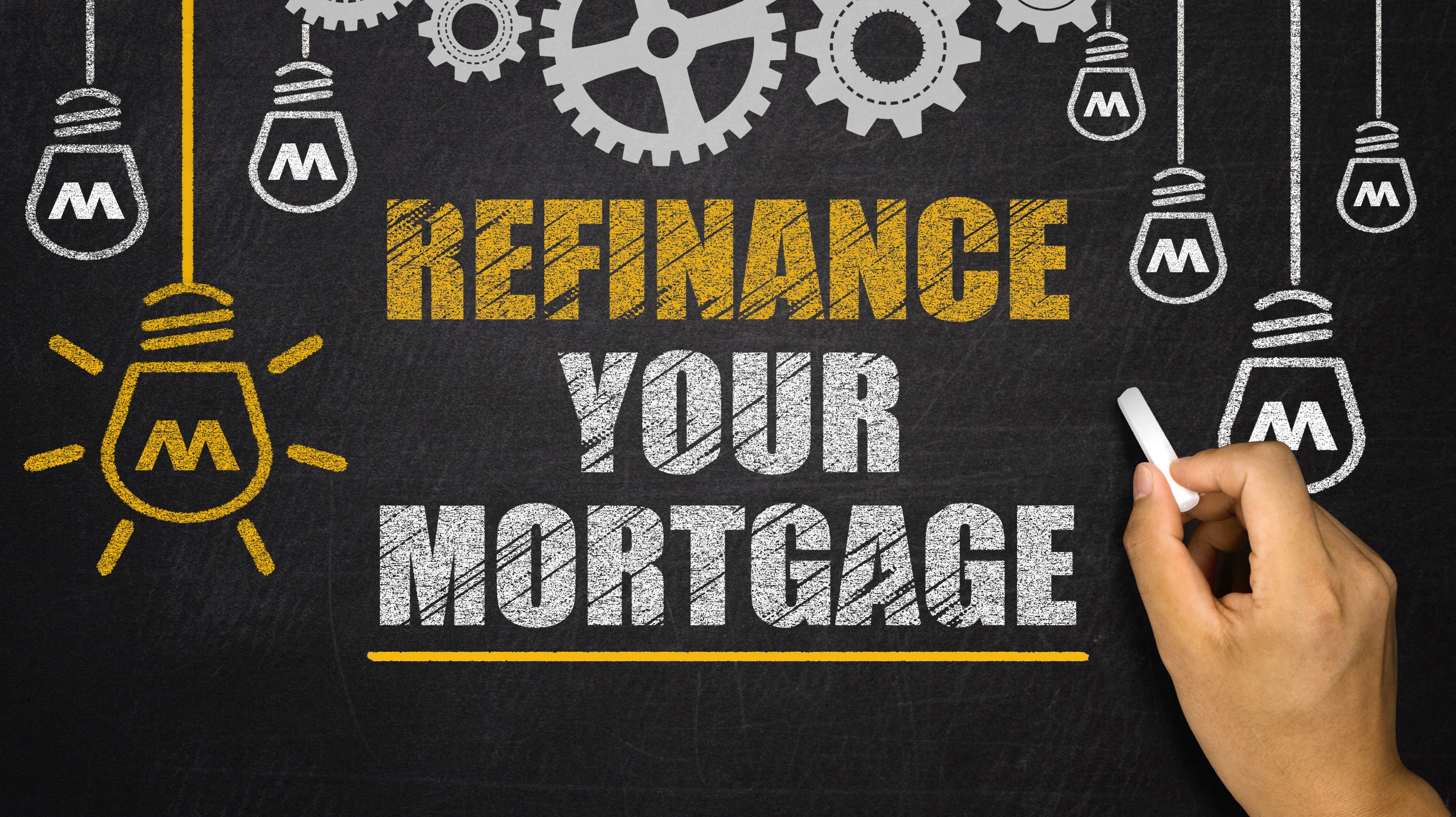Purchase The Right Amount Of Home Insurance
 For most people, their home is the most valuable investment they will ever make. Therefore, it needs to be protected. This is where homeowners’ insurance is critical. At the same time, buying the right amount of homeowners’ insurance can be a bit of a challenge.
For most people, their home is the most valuable investment they will ever make. Therefore, it needs to be protected. This is where homeowners’ insurance is critical. At the same time, buying the right amount of homeowners’ insurance can be a bit of a challenge.
A home that is underinsured leaves the homeowner vulnerable to situations involving fires, floods, and theft. On the other hand, nobody wants to throw away money unnecessarily by over-insuring the home. How can everyone purchase the right amount of homeowners’ insurance?
Review The Coverage Every Year
First, people’s needs are going to change from year to year. Therefore, everyone should review their policy annually. For example, actual cash value only reimburses someone based on the current condition of the home. For example, if a home was built ten years ago, the actual cash value will only provide someone with the depreciated value of the home and not the original value. While this might be enough at the beginning, it may not be enough ten years from now. Everyone has to make sure they purchase enough insurance to cover the cost of rebuilding the home, excluding the cost of the land.
Overlooking Valuables And Liability
Another common mistake that people make when it comes to homeowners’ insurance is overlooking issues such as valuables and liability. Most people have enough insurance for the structure of the home. Most people do not have enough insurance to cover liability claims and valuables. Liability claims might arise if someone gets hurt on the property and the homeowner gets sued. Valuables are important if the home burns down or if someone steals something from the home. All homeowners must have enough homeowners’ insurance to protect themselves against potential liability claims (such as someone slipping and falling in the home) and the loss of valuables (such as electronics and jewelry). Everyone has to make sure they document these valuables appropriately.
Purchase The Right Amount Of Homeowners’ Insurance
Make sure you include everything to purchase the right amount of homeowners’ insurance. Review current construction costs as part of the process. Finally, review the fine print of the homeowners’ insurance policy every year to avoid being underinsured or over-insured.
 There are lots of people who have heard that one of the top ways to ensure the best mortgage rate possible is to refinance. At the same time, it is critical to make sure that this process is planned out accordingly.
There are lots of people who have heard that one of the top ways to ensure the best mortgage rate possible is to refinance. At the same time, it is critical to make sure that this process is planned out accordingly. When people start the process of trying to find a home, they want to make sure that they take the time to get this decision right. The reality is that a home is the most expensive purchase that most people are ever going to make. As a result, they need to make sure they find a home that will meet their needs.
When people start the process of trying to find a home, they want to make sure that they take the time to get this decision right. The reality is that a home is the most expensive purchase that most people are ever going to make. As a result, they need to make sure they find a home that will meet their needs.